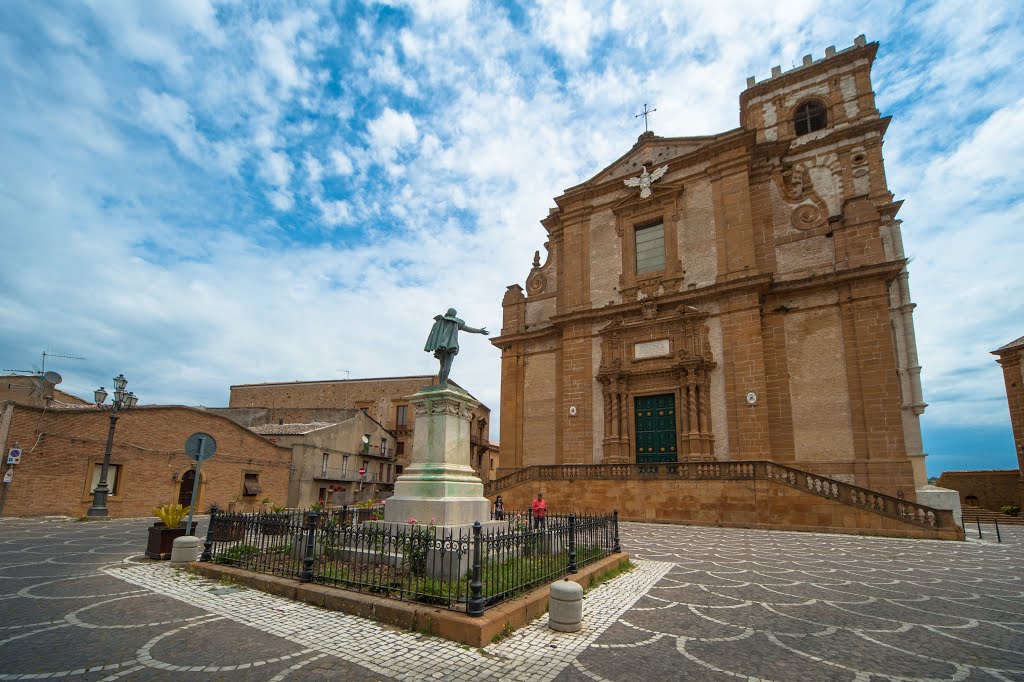Diocese: Piazza Armerina, tomorrow the ordination of three new permanent deacons
Marino, originally from Piazza Armerina, is a scientific informant for Parkinson's disease. extraordinary minister, Salesian cooperator - together with his wife - strengthened his faith by attending the "Boccone del Povero", a city center at the service of minors at risk.
Thus, the number of diocesan permanent deacons to whom the bishop has entrusted the diocesan Caritas has risen to 14, which "becomes their parish, where together they are committed to organizing, guiding, planning projects that serve to relieve the poor of their poverty", he said . It was in fact the bishop himself who gave impetus to the diaconal ministry by reforming the diocesan Caritas and entrusting it to the entire diaconate and appointing one of them as director of Caritas: Mario Zuccarello
A deacon can baptize, bless marriages, assist the sick with viaticum, celebrate the Liturgy of the Word, preach, evangelize and catechize.
Contrariamente al sacerdote, però, non può celebrare il sacramento dell’Eucaristia (Messa), confessare o amministrare l’unzione dei malati.
Dal Concilio Vaticano II, la Chiesa latina ha ristabilito il diaconato come un grado particolare all’interno della gerarchia. i Diaconi possono essere sposati, however, if they are celibate, after diaconal ordination, they can no longer marry
The Bishop, to whom the deacon in the rite of Ordination promised "filial respect and obedience", confers on him a specific office by decree, taking into account the needs of the Diocese and also the family and professional condition of the deacon himself.
The diaconate can be the first stage towards the priesthood, and in this case we speak of a transient diaconate, but a deacon can also choose to remain such forever and serve in that specific role, and then we will speak of a permanent diaconate.
